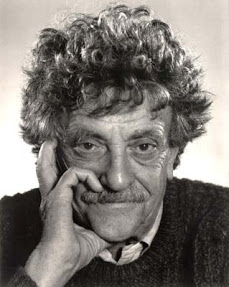The Red Heart by James Alexander Thom

This is one great book. The Red Heart is based on the true story of Francis Slocum, a 4 year old Quaker girl who was kidnapped by Delaware Indians in the 1770s on the Pennsylvania frontier near Wilkes-Barre. (There are recreation areas named for her in both Pennsylvania and Indiana) A painting of Francis Slocum that is part of the collection at the Indiana State Museum It is also the story of her family's 60 year search for her across the Midwest and even into Canada. It is also the story of the relentless westward movement of the Americans and how the Indians dealt with it. The reader also gets a fantastic lesson on daily life among the Delaware and Miami Indians. If you're a Star Trek: The Next Generation fan you'll remember the episode entitled "Inner Light" in which Picard is "attacked" by the alien probe from the long-dead world that makes him live an entire lifetime among their people in his mind in just a few seconds so that t


